The Supreme Court’s decision considering the constitutional validity of “An Act respecting First Nations, Inuit, and Métis children, youth, and families” (referred to as Bill C-92) is scheduled to be released to the public on Friday, February 9th.
General Background
Canada’s Bill C-92 was enacted to “address the issue of overrepresentation of Aboriginal children in child and family services systems while recognizing that Aboriginal peoples are in the best position to identify and implement solutions to this issue”. The Bill came into effect as “An Act respecting First Nations, Inuit, and Métis children, youth, and families” on January 1, 2020. It is commonly still referred to as “Bill C-92”, and I will refer to it as such in this briefing.
Bill C-92 establishes national standards that apply whenever child and family services are being provided to Indigenous children. Bill C-92 also states that it affirms the inherent right of Indigenous peoples to self-government, including jurisdiction in relation to child and family services, a right recognized and affirmed by section 35 of the Constitution Act, 1982. Bill C-92 is one of the pathways (not the only pathway) for an Indigenous group, community, or people (as stated in that legislation) to establish its own laws and to assert jurisdiction. The Bill C-92 route contemplates negotiations (coordination agreement discussions) with the federal and provincial governments and purports to incorporate Indigenous laws into federal legislation.
The Case before the Supreme Court
Quebec’s position, and that of several intervenors who argued before the Supreme Court of Canada in December 2022, is that Bill C-92 is ultra vires the jurisdiction of the Parliament of Canada under the Constitution of Canada, meaning Parliament does not have the power to pass the legislation in question. Quebec argued that sections 1-17 of Bill C-92 are invalid because these provisions dictate how provinces and territories are to provide child and family services to Indigenous children and families.
Quebec argued that the provisions within Bill C-92 which recognize the inherent right of Indigenous peoples to self-government, in this case the right to create and implement laws in the area of child and family services, is also invalid. Quebec argued that the legislation is an attempt to amend s. 35 of the Constitution Act, and that it undermines the established constitutional order (ie. division of powers between the federal and provincial government).
In comparison, Canada, and a number of intervenors argued that Bill C-92 is constitutionally valid and ought to be upheld.
Will Friday’s decision impact your Nation’s work?
It is unknown what the Supreme Court’s decision will be, but regardless of the outcome, it is likely to have an impact on discussions that may currently be underway between Indigenous groups and Canada on their assertion of authority over child and family services pursuant to Nation laws. The Court’s decision, will not impact on Indigenous peoples’ self-determined inherent and treaty rights to legislate and take jurisdiction for child well-being according to Indigenous laws.
The validity of the Bill C-92 national standards that came into effect as of January 1, 2020, will also be considered by the Supreme Court in its February 9th decision. These standards apply whenever an Indigenous child is receiving child and family services. The standards apply regardless of residency on or off reserve.
Key Take-aways Today
Bill C-92 states that it recognizes the inherent right of self-government, including the right of Indigenous peoples to enact and implement their own laws respecting child and family services for their children and families. Bill C-92 does not give that right, the right to make laws is an inherent right that continues to exist. Indigenous peoples are at various stages and are approaching the codification and implementation of their laws in their own ways.
The Supreme Court’s decision will foreseeably have an impact on how the federal, territorial, and provincial governments respond to Indigenous peoples’ and governments’ actions in asserting their inherent and treaty right to make and implement laws relating to their children, youth, and families.
It will be important to be aware of and understand the Supreme Court’s decision, but the decision does not dictate what, if any, response Indigenous peoples and Nations will have to the Court’s decision.
This article is intended to provide general information only about Bill C-92 and the anticipated Supreme Court of Canada decision. As information comes available, Weber Law will provide an update, including when the decision is released.

Recent Comments